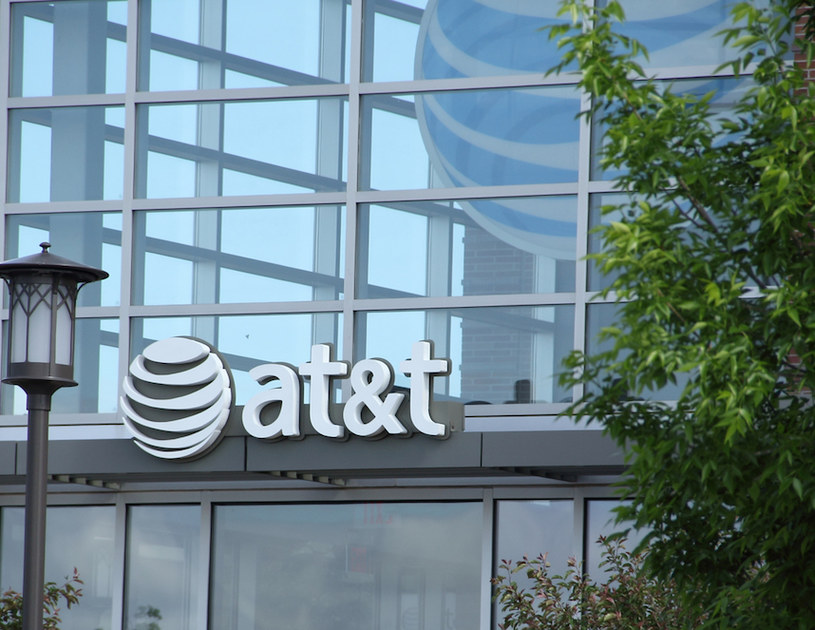Breastfeeding Discrimination at California Hospital

Cellenia’s son is eight months old and it hasn’t been easy juggling work and feeding him. “I requested three months of mat leave after my son was born but I wasn’t called back to work until he was five months old,” Cellenia says. “I work 3.30 p.m. until midnight and use a pump during my lunch break at 7:00 p.m., put the milk in the fridge and my mom feeds my son the next day while I’m at work. At the last hospital where I worked, the lactation room was only available to county workers - not security guards. They locked the room after a certain time so I had to get the Sheriff’s department to open it every evening; they knew I was there but they wouldn’t leave it open for me.”
Cellenia was recently transferred to another hospital (she didn’t want to work a six-day schedule at the last location) and she was provided with a room in the neo-natal ward, which happens to be where she works, making sure nobody unauthorized leaves with the babies. “Everyone knew me there, they talked to me and said it was fine to use the room,” Cellenia explains. “Everyone knew I was expressing milk for my baby and I was storing it in their fridge. I have no idea why this new nurse supervisor was against me.”
According to Cellenia, four days ago the supervisor took Cellenia’s milk out of the fridge and dumped it into the trash can. “She actually told me she threw it away and asked if I wanted it back,” Cellenia explains. “Then she said I couldn’t use this room anymore. It was only for patients and I had to go to another area on another floor but that area was locked. I have no idea why she is acting this way. She could have told me to take the milk away and put it into the employee fridge instead of throwing it in the trash.”
This incident happened during Cellenia’s 7:00 p.m. lunch break. She needed to pump her milk and the only room available was the public lunchroom for county employees, and it was a fair hike away.
“By the time I got there and tried to pump, no milk came out for my baby, I think because I was so stressed out,” she says. “I only had a few minutes and then I had to get back to my station - I was so upset.
A LawyersandSettlements attorney called me and said I should speak with my supervisor and see if something can be worked out before she meets with me next Monday. I don’t feel comfortable here anymore but these hospitals are the only ones available for me to work. So I don’t know what to do at this point.”
Cellenia likely has a case. A new Breastfeeding Discrimination bill, intended to prevent breast-feeding discrimination in the workplace, went into effect January 2013. Although the California Labor Code already requires employers to provide accommodations for women who are breastfeeding, this new law provides additional recourse for women who have encountered breastfeeding discrimination.
Pregnancy discrimination is a serious violation of the California labor code. Businesses and its supervisors - including hospitals - should be aware of this bill and if they haven’t done so already, should implement a breastfeeding policy. As well, employers should take seriously any complaints from employees relating to breastfeeding as they are as serious as any other complaint that is based on sex, race or age discrimination.











No Comments